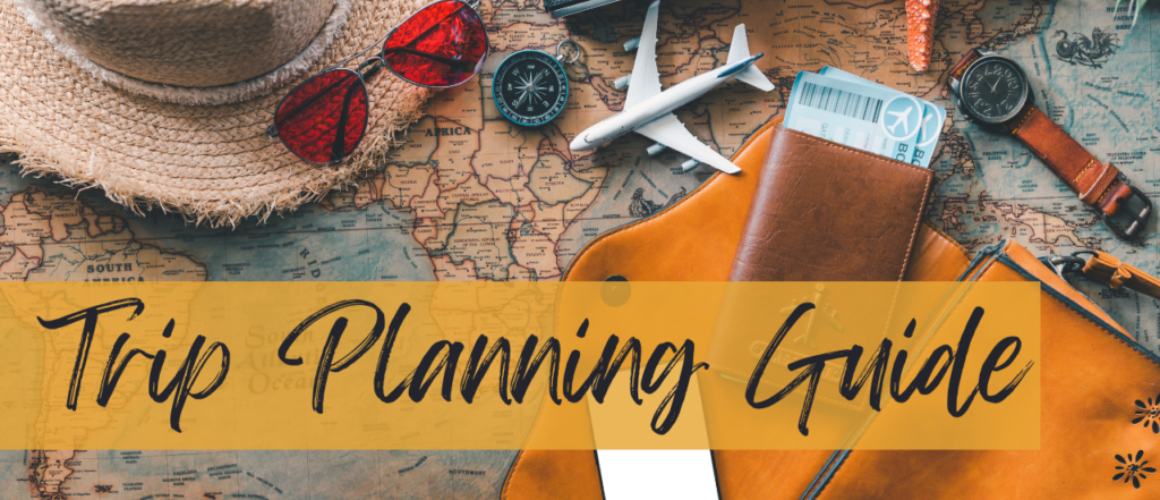Preparation
While it’s important to be vigilant about keeping your belongings safe while traveling, there are some simple steps you can take to help reduce the risk of theft. First, invest in a quality travel purse or backpack that has multiple zippered compartments. This will make it more difficult for pickpockets to access your belongings. Another valuable tip is to keep your valuables in a secure place such as a money belt or hidden pocket. When possible, avoid carrying large amounts of cash and instead use a credit or debit card. Finally, make copies of important documents such as your passport and driver’s license in case they are lost or stolen. By following these simple tips, you can help keep your belongings safe while enjoying your travels.
Travel Insurance
For anyone planning a trip, travel insurance is an important consideration. No one wants to think about what could go wrong on their vacation, but the truth is that accidents and illness can happen anywhere, at any time. Travel insurance can help to cover the cost of medical care, evacuation, and even lost or stolen luggage. It can also provide peace of mind in knowing that you will be taken care of if something does go wrong. With so many different policies available, it is important to do some research to find the one that best meets your needs. But don’t wait until the last minute to buy travel insurance – it will likely not cover any pre-existing conditions, and it’s always better to be safe than sorry.
Make copies of your documents
No matter where you’re traveling, it’s always a good idea to have a backup of your important documents. That way, if anything happens to them while you’re away, you’ll still have access to them. Scanning a copy of your passport and credit cards is a quick and easy way to do this. Just email the scanned images to yourself so you’ll always have them on hand. You should also scan your travel insurance documents and receipts for any valuables you’re carrying. That way, if anything happens to them, you’ll have proof of purchase and can make a claim with your insurer. Taking these simple precautions will give you peace of mind while you’re traveling and help you avoid any stressful situations. If you have an itinerary planned in advance, it can also be good to send a copy to someone you trust so they know where you’re expecting to be incase something goes wrong.
How will you access your money?
Knowing how you’ll handle money abroad is important. Do you have a travel card? If not, does your bank need to know that you are heading abroad to avoid freezing access to your accounts. It also helps to have a back-up card just in case. That way, if your primary card is lost or stolen, you can cancel it and still have access to credit. Having a backup card can be a lifesaver in an emergency situation.
Sort out your health
Before you travel internationally, it’s a good idea to get vaccinated and schedule a checkup with your doctor. This will help you stay healthy while you’re abroad and prevent the spread of disease. There are many different vaccines available, so be sure to talk to your doctor about which ones are right for you. You should also make sure that you’re up-to-date on all of your routine vaccinations, such as the flu shot. In addition, your doctor can check for any underlying health conditions that could make travel difficult or dangerous.
If you take prescription medications, you might want to stock up on a supply long enough to last you, and depending on the type of medication, a letter from your doctor explaining your medical history and why you need the medication can be useful to keep just incase. You never know when customs might question your stash of meds, or if you decide to stay abroad longer and need to get a local doctor to prescribe you your medication.
Staying connected
If you’re planning on travelling to a foreign country, one of the first things you’ll need to do is figure out how to stay connected. One option is to get a local sim card for your phone. This can be a great way to stay in touch with family and friends back home, as well as stay connected in case of emergencies. Here are a few things to keep in mind if you’re thinking of getting a local sim card while travelling:
- Check your phone’s compatibility. Make sure your phone is unlocked and will work with a foreign sim card.
- Research rates. Different countries have different rates for voice calls, texts, and data usage. You’ll want to compare rates from different carriers to find the best deal.
- Consider your needs. How much data do you think you’ll need? Do you need unlimited calling and texting? Will you be using your phone primarily for data or for making calls/texts?
- Be aware of any potential fees. Some carriers may charge activation or cancellation fees, so be sure to read the fine print before signing up for anything.
- Know where to buy a sim card. You can usually purchase sim cards
You’ll also want to make sure you can charge your devices, so check whether or not you will need a power adapter to plug in to each destination.
